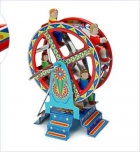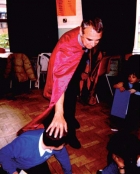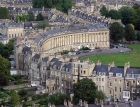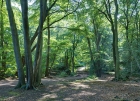Cross Curricular
There is history in everything and engaging children through cross curricular approaches is an exciting way of developing an immersive experience and transferable knowledge and skills. This section provides ideas and suggestions on how to develop cross curricular approaches to your lesson planning.
Sort by:
Date (Newest first) | Title A-Z
Show:
All |
Articles |
Podcasts |
Multipage Articles
-

Getting Started with Drama: The Roses of Eyam 1665
ArticleClick to view -

Getting started with drama
ArticleClick to view -

History and English in the primary school: exploiting the links
ArticleClick to view -

History and geography are fundamental in the primary curriculum
ArticleClick to view -

History through Drama, A Teachers' Guide - Revisited
ArticleClick to view -

History, drama and education for life
ArticleClick to view -

Ideas for Assemblies: Refugee stories
ArticleClick to view -

Identity Crisis: History through Science, strange bedfellows or obvious partners?
ArticleClick to view -

In My View: Creativity & History
ArticleClick to view -

Integration and cross-curricularity: History, Humanities And Social Studies
ArticleClick to view -

Local History through Drama (Bursary Project)
Multipage ArticleClick to view -

Means and Ends: History, Drama and Education for Life
ArticleClick to view -

Museums, schools and creativity: How learning can be enhanced
ArticleClick to view -

Music and history combine at Key Stage 2
ArticleClick to view -

Music in the History Curriculum
ArticleClick to view -

Objects and visual image exemplar: toys and games
ArticleClick to view -

Place, time and society
ArticleClick to view -

Researching History - Time travellers and Role Players
ArticleClick to view -

Scheme of Work: The Georgians
ArticleClick to view -

TREE-mendous history!
ArticleClick to view

